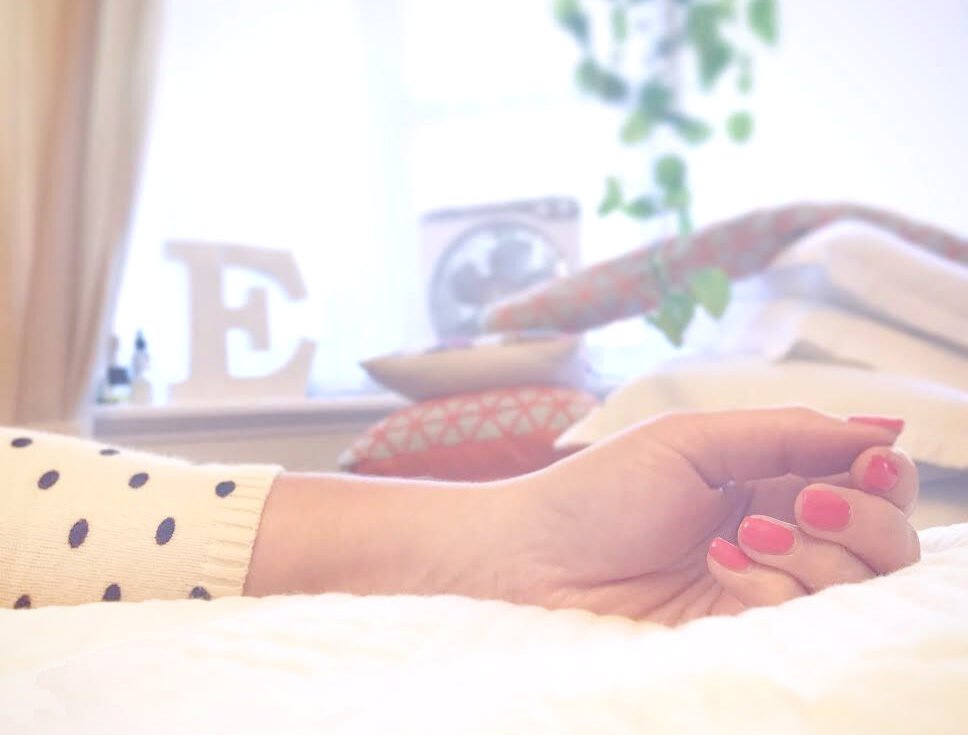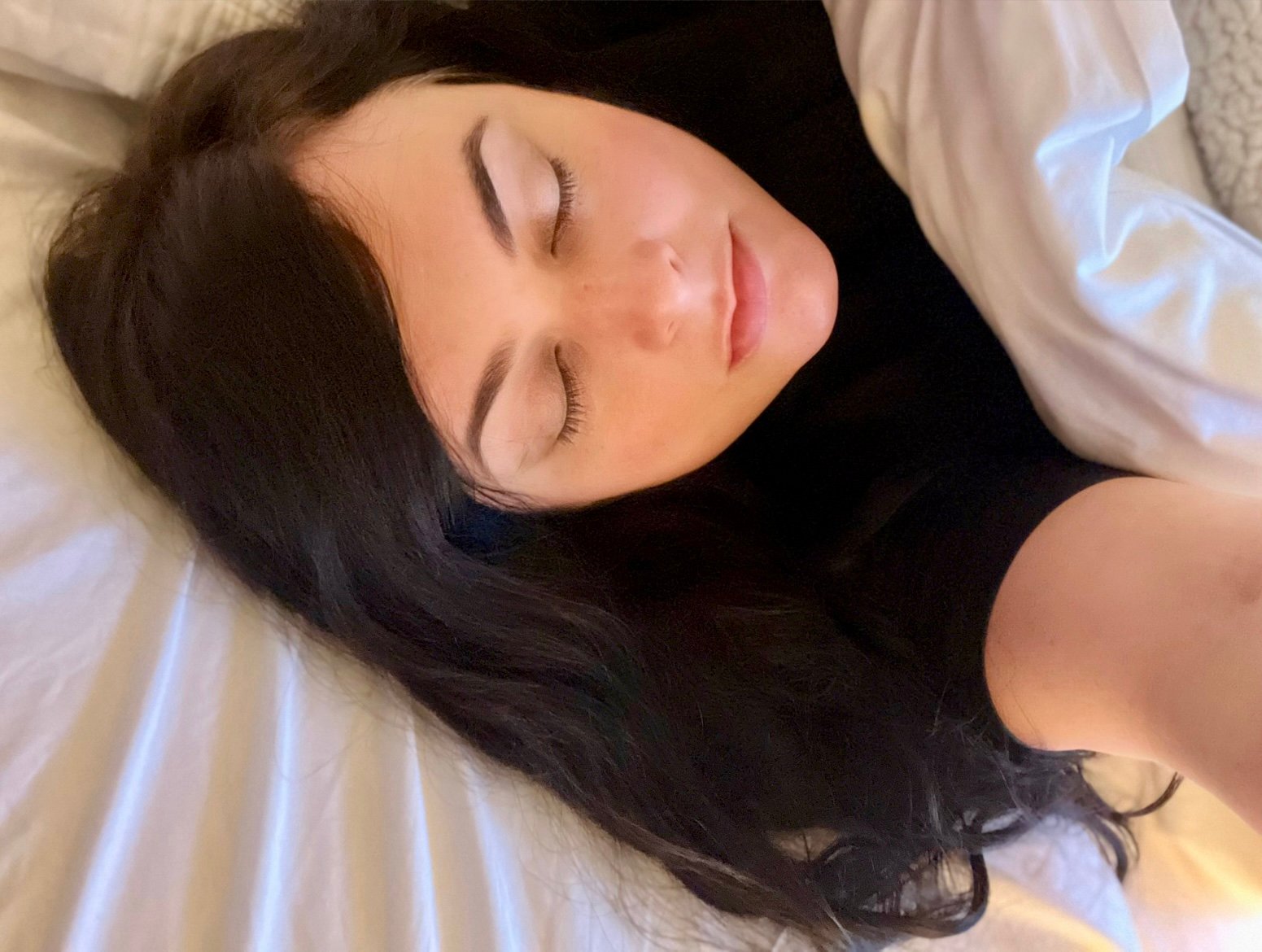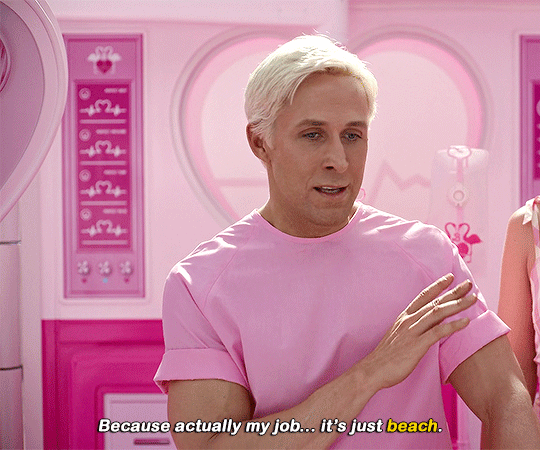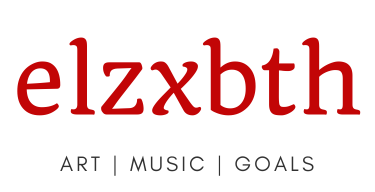
Picture this.
It’s early January 2023, and I’m driving to my workplace of almost 15 years after the Christmas break. I know that I’ll be one of only a handful of people on site (most staff don’t return until late January), so I’m dressed comfortably for a day of relative calm and solitude. Under normal circumstances these kinds of work days are my favourite because my bucket is overflowing – fully rested, a full social battery, and full of Christmas leftovers. With just me and the other skeleton staff I could work deeply without interruption, ‘sharpen the axe’ for the busy year ahead, and do everything possible to start the year in my happiest state: prepared for anything.
This time everything was different. Rather than returning refreshed and excited about the brand new year, I showed up that day physically sick with stress and paranoia. I hadn’t slept properly in weeks because of rolling nightmares, I was too nauseous to eat, and my days were spent managing adrenaline that I couldn’t hold back in certain situations.
I know now that this was a rational response from my subconscious mind, one which understood better than the rest of me that it had been living under the sustained threat of danger for the better part of a year. After months and months of relentless fight or flight mode I was exhausted, scared and utterly devoid of hope and control.
When workplaces become psychologically unsafe it’s usually because of a combination of factors. Sometimes it’s the product of negligence, sometimes there’s intent, but the impact on employees can be devastating either way. And on that day, on my very first day back at work after a 3 week break, all it took was a colleague asking how my Christmas was for me to break down entirely.
This is not how you’re supposed to feel at the start of the year, I remember repeating to myself that day.
I loved that job for the vast majority of my 15 years there, but towards the end it stopped loving me back. On 6 March 2023 I went to work as usual and 20 minutes into my first meeting I picked up my bag, walked to my car and drove away.
And I never went back.

In the months that followed I became stuck in the weeds of it all – the injustice of what happened to me, the powerlessness I felt to defend myself, the ongoing betrayals from those who promised to right the wrongs, and the decade-long relationships that evaporated before my eyes while I was trapped at home, muzzled. I had to sign a document that said I wouldn’t make the movie about it, but I wouldn’t want to – it was all just too fucking sad.
In the end, all that really mattered was repairing the damage that I could see in the mirror – the erosion of my self-identity, confidence and capacity to trust people again. To trust myself again.
I had to go right back to basics in those early days, and it started by re-learning how to sleep without keeping one eye open.
It took weeks for anything to change, but after some time and geographical distance from the situation I began to notice the cloud of confusion was lifting. My days were now spent in stocktake mode: sifting through the wreckage of my body and my life, looking for parts that were still intact or able to be repurposed. Sometimes I’d discover an unexpected pulse beneath the rubble and the elation would carry me for days! But at every turn, the highs were followed by even deeper heartbreak – the realisation that something critical to my identity was gone forever.
I found myself in a catch-22 situation of needing to quickly get back in the saddle and work again, but being unable to convince anyone (including myself) of why they should take me on. I quickly learned the impossibility of trying to sell yourself when you didn’t believe your own elevator pitch anymore. At the same time I began to understand how many bad habits I’d formed as a result of coping in a high risk, blame-based environment – the disproportionate energy I was putting into contingency planning, and the dark humour that just realistically just manifested as negativity to those around me.
I was unemployed, running out of money, and realising that I had spent years strengthening all of the wrong muscles. If you were to plot these months on a graph, you’d get seasick, which is kind of how it felt most of the time.

Against my will, I joined LinkedIn.
I had (of course) expected it to be cringeworthy, but had not anticipated the sheer volume of toxic positivity and Pinterest-grade clickbait that I would find there. But I showed up each day, curating my feed a little further each time. I began to discover stories that were just like mine, and then I followed the people who were writing about their workplace trauma to study how they recovered from it.
Over time I began to learn how common my situation is, and how to identify, measure and develop healthy workplace culture. I began to see that being a survivor of a workplace injury like mine didn’t have to carry chronic levels of shame, and I could stop expending all of my energy trying to conceal it.
The more I inhaled the examples of the trauma-informed leaders I’d discovered, the more compassion I found for myself. Most of all, this was the point when I realised that my experience had the potential to be my origin story, not the embarrassing setback that destroyed my future.
With a fresh lens on my situation, and my personal stocktake complete, I threw out my old plan and stepped into the unknown.
#069 – Rewrite my resume
I hadn’t planned it this way, but this was the very first thing on my list of 101 Things in 1001 Days that I tackled. With a fresh mindset I was able to present my skills with far greater clarity and objectivity than I’d previously been able to access, and when I began sending my new resume out a few weeks ago, I did so believing every single word of it, and that they’d be lucky to have me.
While I hunted for something permanent, I took on a temporary contract doing something totally different to what I’d done in the past – a role that required formal qualifications that I did not have, and experience that I absolutely could not demonstrate. I got the job anyway and worked so damn hard at it. It wasn’t long before I thrived there, and despite being ‘just a temp’ the impact I made was recognised and celebrated. I credit the short time I spent in that job with completing my de-programming, and strengthening the core muscles I’d neglected for so long.
#070 – Find a fulltime job that I love
The instant I truly got out of my own way, others saw my value too.
Last week I applied for a fairly ambitious role – not just something to tide me over, but the job I most wanted in an organisation I care about. It’s the kind of work that would make me excited to get out of bed each morning, and in my application I presented the most authentic version of myself – warts and all.
I am convinced that my understanding and passion for healthy workplace experience and culture is what got me over the line for this job, and that honouring my vulnerabilities in this area was ultimately seen as a strength – not the weakness that I had previously assumed it would be. They called four hours after my interview to offer me the position, along with extra money I hadn’t even asked for.
The grief I carry about my last job will endure, of course. My experience was a long and brutal lesson in power imbalance, and also the potential for toxic environments to accept collateral damage in exchange for its own survival.
But there was beauty, too. The unwavering, practical support provided by my partner, my family, and the friends who chose to show up and sit alongside my grief. These were the people who reminded me daily that the person I’d lost was still in there, and that she would emerge again when she was safe.
There was support to be found in unexpected places too – the colleagues who had previously kept their distance because they were processing their own pain, and the unofficial network of former colleagues/casualties who reached out when I was suddenly gone without a trace, making sure I was okay. These were the people who best understood the landscape, listened to my panicked confusion and said:
I believe you.
I believe you.
I believe you.
Tell me how I can help.
The pain doesn’t stop, but it does get further away.
Forever changed, but so much richer. Any way you look at this, I won.

Wow- what a ride.
I really felt your heart in this adventure- and honestly I’m so glad you’ve been able to move on. One day this will seem so far in the past and that will look differently, again.
It’s all good!
I’m so sorry that you had to go through all that but so glad you’ve emerged on the other side more informed, more aware, and most importantly more confident in your own abilities. The awareness and information will, I hope, help you to see such toxicity before it impacts you in the future and the confidence will give you back to yourself. Thank you for sharing!